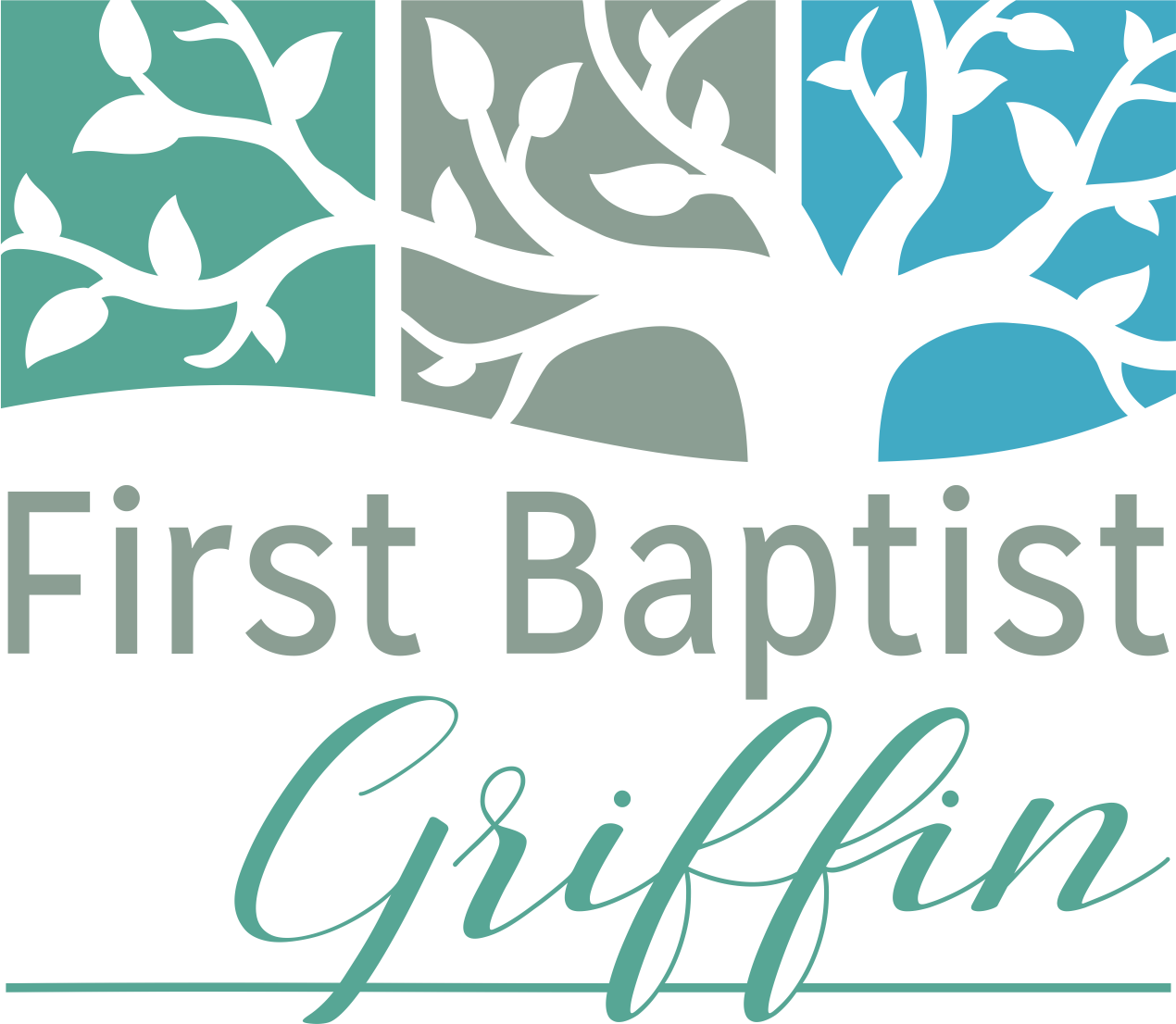By Steven Norris
Christmas around the Norris house was quite predictable growing up. Without fail, we would pile into the van and hit the road to visit my Mamaw, a retired school teacher living on family land just outside of Meridian, MS.
Every year, we would take the four-lane highway from Memphis through Tupelo. From there, the little two-lane road would take us on the scenic route through the Mississippi countryside. Just outside of Meridian, though, Hwy 45 headed up into a series of hills, complete with mountain-like roads that required downshifting into lower gears.
These last 20 minutes reassured us that we were getting close Mamaw’s farm. That is, until they decided to expand Hwy 45 into a four-lane highway, complete with medians, bridges, and formal exit ramps. Without warning, the curves were straightened, the hills were cut down, and the valleys were filled in.
Pastor and theologian, Fleming Rutledge, connects a similar experience with a “cut-and-fill” operation to a traditional Advent reading from the prophet Isaiah. It may be best known as the tenor solo at the beginning of Handel’s “Messiah.” A solitary voice echoes out in the words of the authorized King James Version:
“The voice of him that crieth in the wilderness, Prepare ye the way of the Lord, make straight in the desert a highway for our God. Every valley shall be exalted, and every mountain and hill shall be made low: and the crooked shall be made straight, and the rough places plain: And the glory of the Lord shall be revealed, and all flesh shall see it together: for the mouth of the Lord hath spoken it.”
For the Norris boys on the way to Mamaw’s, the changes to Hwy 45 elicited mixed emotions. On the one hand, it hastened our arrival to Mamaw’s house, bringing us ever closer to pecan rolls, hot chocolate, and boxes of trinkets she had collected throughout the year. On the other hand, all of our landmarks and navigational tools had been stripped away.
The recipients of Isaiah’s prophecy likely experienced a similar mixture of emotions, obscured to modern readers by its sheer familiarity. It is certainly good news for those who find themselves in the valley—a message of hope that the depths of present circumstance will be raised to level ground. It isn’t such good news for the lofty, however, promising a time of reckoning.
As Rutledge puts it, “Preparing the way for the coming of the Lord Jesus Christ is not going to be easy for you and me. It means laying ourselves open to God’s great leveling operation. It means relinquishing our most cherished strategies and defenses. It means living every day in anticipation of God’s work of cutting and filling. It means being ready at all times to relinquish one’s own special privileges in the world on behalf of those who might be very different from oneself.”
Maybe this is why Advent has traditionally been one of the penitential seasons of the church year. As we prepare to receive the Messiah once again, it will require nothing less than the conversion of our souls—removing every obstacle that prevents the Christ Child from being born in us anew.
